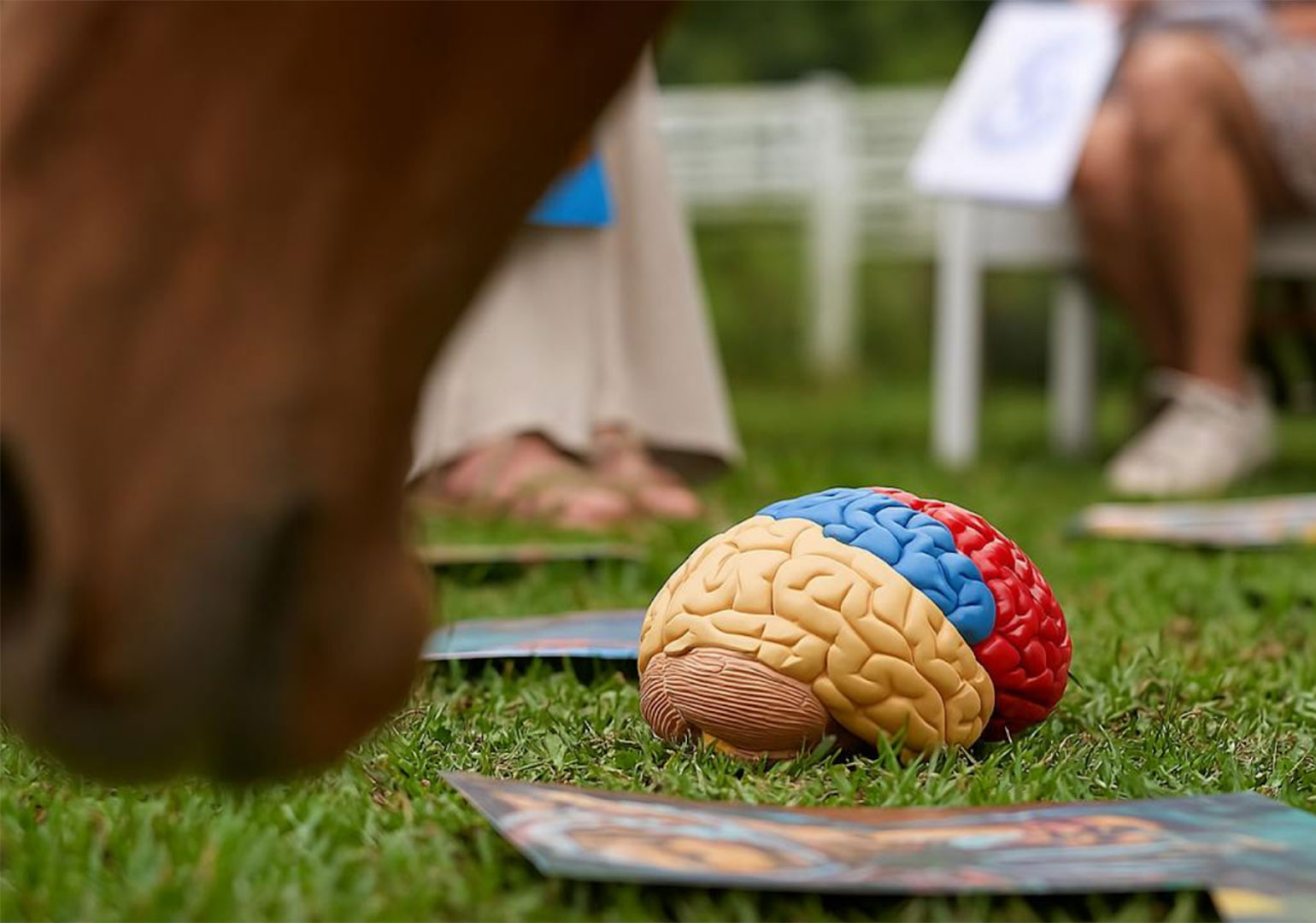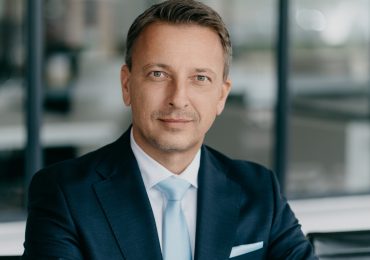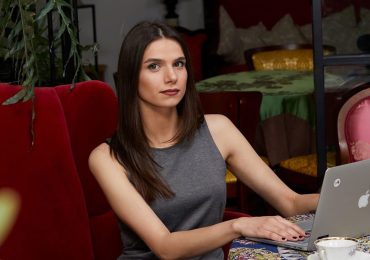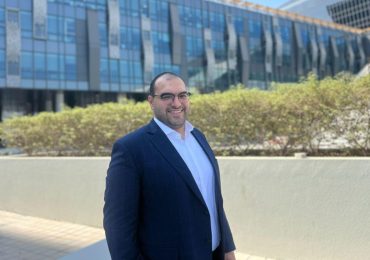Photo Courtesy of NeuCoach
Few executives expect to develop leadership skills by working with horses. Paula Johnston believes that is exactly where they learn best. The founder of NeuCoach takes clients out of boardrooms and into natural environments, where they lead through focus and honesty. Her method blends neuroscience, outdoor learning, and real-time horse feedback to support meaningful, lasting change.
She delivers her program, Unbridled Learning in the Natural Boardroom, from South East Queensland. Instead of slideshows and seminar rooms, participants work with horses, observe their reactions, and explore how trust and presence manifest in real behavior. Johnston invites leaders to shift their awareness through experience, not theory.
Closing the Gaps in Traditional Leadership Programs
Johnston began her career inside corporate development programs. Over time, she noticed that many leaders could repeat the content but failed to change their leadership style. Classroom-style instruction rarely helped them build long-term behavioral habits. Something was missing.
To change this, she founded NeuCoach in 2019. Working globally she designed it to connect scientific insight with physical engagement and emotional awareness. She now continues to see growing interest from professionals across Queensland and northern New South Wales.
Working closely with each client allows Johnston to uncover hidden patterns and help them build deliberate leadership habits.
“Real change happens when something moves within — emotionally, physically, and viscerally,” Johnston explains. “Learning a new model can support that, but transformation begins from the inside out.”
How Horses Give Leaders Instant Feedback
Johnston uses equine-assisted learning to show leaders how their behavior affects others. Horses respond only to energy, intention, and nonverbal cues. They notice subtle shifts in congruence, the alignment between what someone feels and how they act.
Each session includes activities where participants guide a horse using only body language. When the leader feels clear and steady, the horse follows. If the signals feel inconsistent, the horse disengages. These moments reflect the client’s internal state in real time.
Rather than rely solely on assessments or post-session debriefs, Johnston encourages clients to notice feedback as it happens. She then facilitates guided reflection, drawing connections between the horse’s behavior and the client’s communication patterns.
“The horse offers no judgment,” Johnston notes. “It simply reflects what you are communicating, often revealing more truth than words ever could.”
This process helps clients recognize blind spots, including a tendency to overcontrol, emotional inconsistency, or withdrawal under pressure. The horse does not interpret or analyze; it simply responds.
Building the Skills Technology Cannot Replace
Leadership today requires more than technical skill, and with the arrival of AI, an understanding of human strategy is more important than ever. Johnston helps clients strengthen human-centered qualities such as emotional regulation, interpersonal awareness, and calm decision-making.
Her teaching draws on neuroscience to explain how stress affects leadership behavior and how clients can shift their patterns with awareness. Outdoor sessions allow participants to slow down and reflect, away from workplace distractions. As part of her plans to scale, Johnston also offers executive one-on-one retreats at her South East Queensland property, where clients learn to step fully into their executive presence and deepen their social leadership skills.
Johnston also draws on strengths-based psychology. She helps people discover what they do well and shows them how to lead from that place. That strategy builds resilience and trust within the leader and their team.
“When people recognize their strengths and start leading from that place, they show up with more authenticity and confidence,” Johnston adds. “That shift affects how others respond to them. It changes the dynamic.”
Clients often report that this integrated model from NeuCoach, combining science, nature, and real-time interaction, immediately leads to insights they can apply.
Why Her Coaching Practice is Unique
Since launching NeuCoach, Johnston has worked to establish leadership excellence and sustainable behavioural change within organisations. Her approach differs from that of other coaches and learning providers. Johnston’s work unites disciplines in a way that gives clients more than theory. It provides them with usable awareness and tools for change.
Each element plays a distinct role. The horse gives honest feedback. Science explains the patterns. The setting encourages space for reflection.
Johnston teaches her clients through direct experience, possessing a remarkable talent for transforming intricate leadership theories and models into actionable strategies and metaphors. She shows them that people retain more when they feel and practice it than when they simply hear it explained.
“Leadership development means helping people understand who they are and how they affect those around them,” Johnston says. “From that awareness, they can make more intentional choices about how they lead.”
How NeuCoach Plans to Expand Its Reach
Johnston has identified a significant gap in the expertise of current corporate facilitators in fully harnessing experiential learning, metaphorical insights, and behavioral transformation. Dedicated to integrating equine-enhanced learning into corporate leadership programs, she is eager to share her insights and expand this innovative approach. Her distinctive Flame Facilitation Methodology empowers organizations to elevate their facilitators, craft award-winning learning experiences, and drive profound behavioral change.
She remains focused on working with those individuals and organisations who are ready to reflect deeply and build lasting leadership habits. Many of her clients arrive when traditional strategies no longer work. They leave with more than a plan. They go with awareness, practical tools, and a better understanding of how their behavior affects others.
“Traditional executive development often centers on models and theories,” Johnston explains. “But lasting transformation comes when those concepts are lived through experience, embodied practice, and meaningful reflection. This represents a shift from performance talk to embodied leadership.”
For Johnston’s clients, leadership growth often begins in a quiet paddock where honesty, stillness, and reflection take the place of the usual confines of a conference room.

















